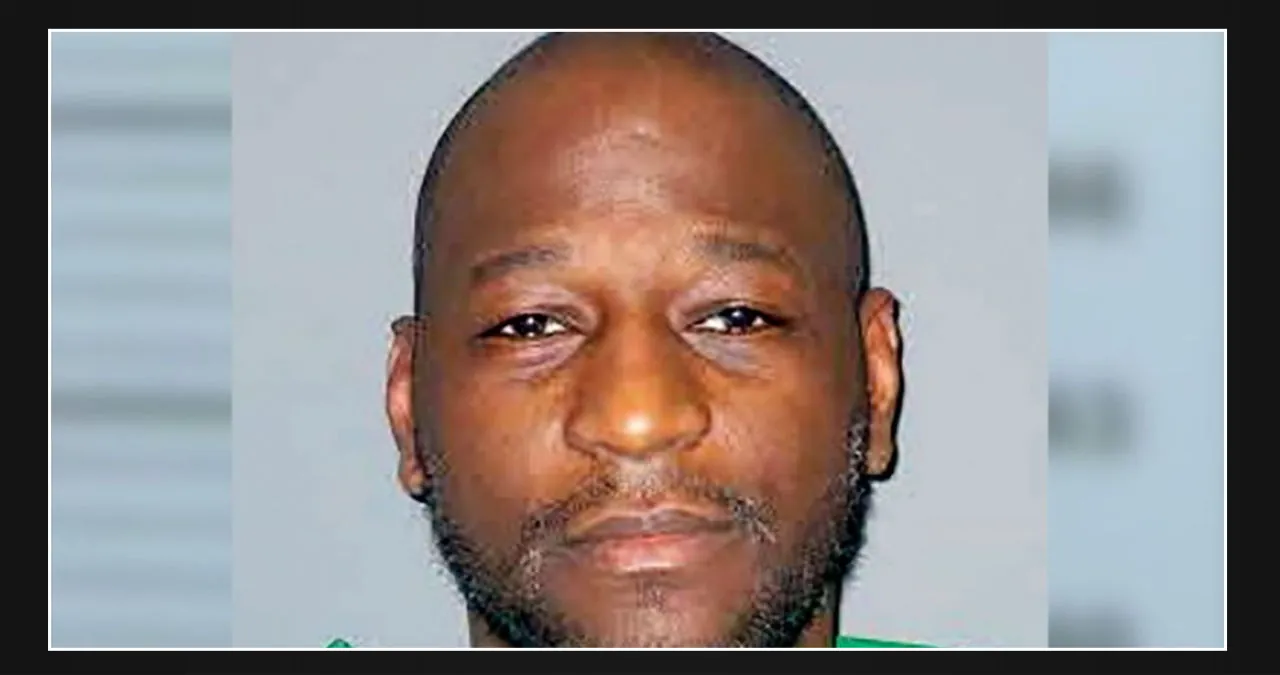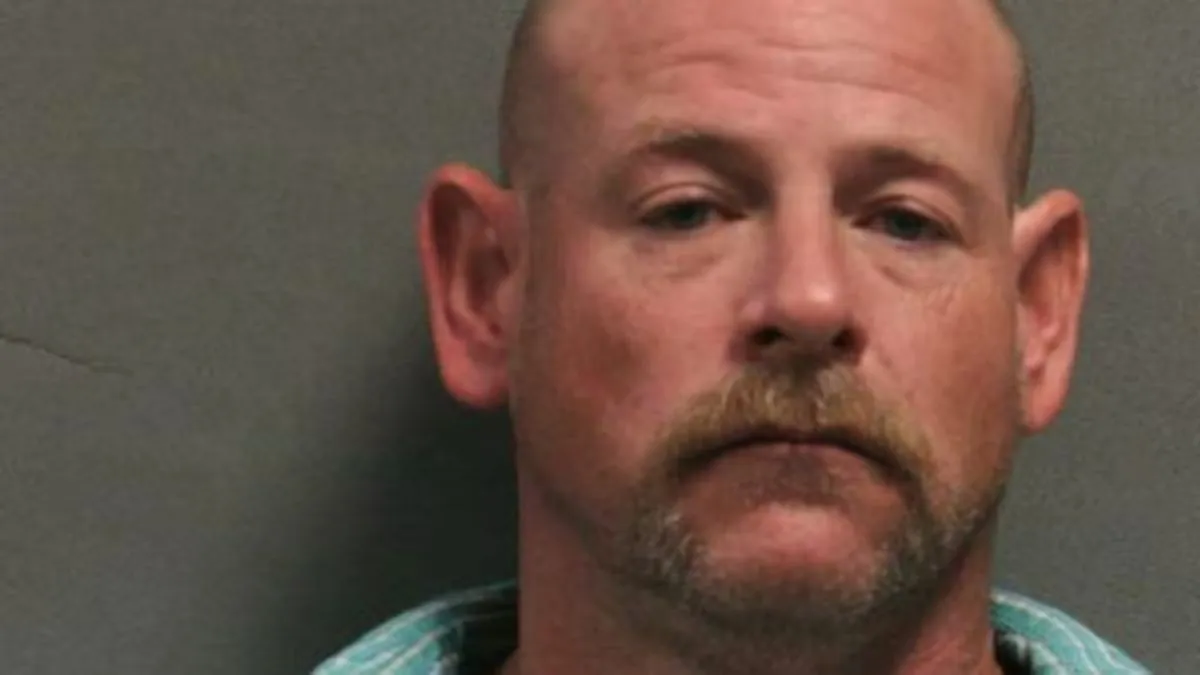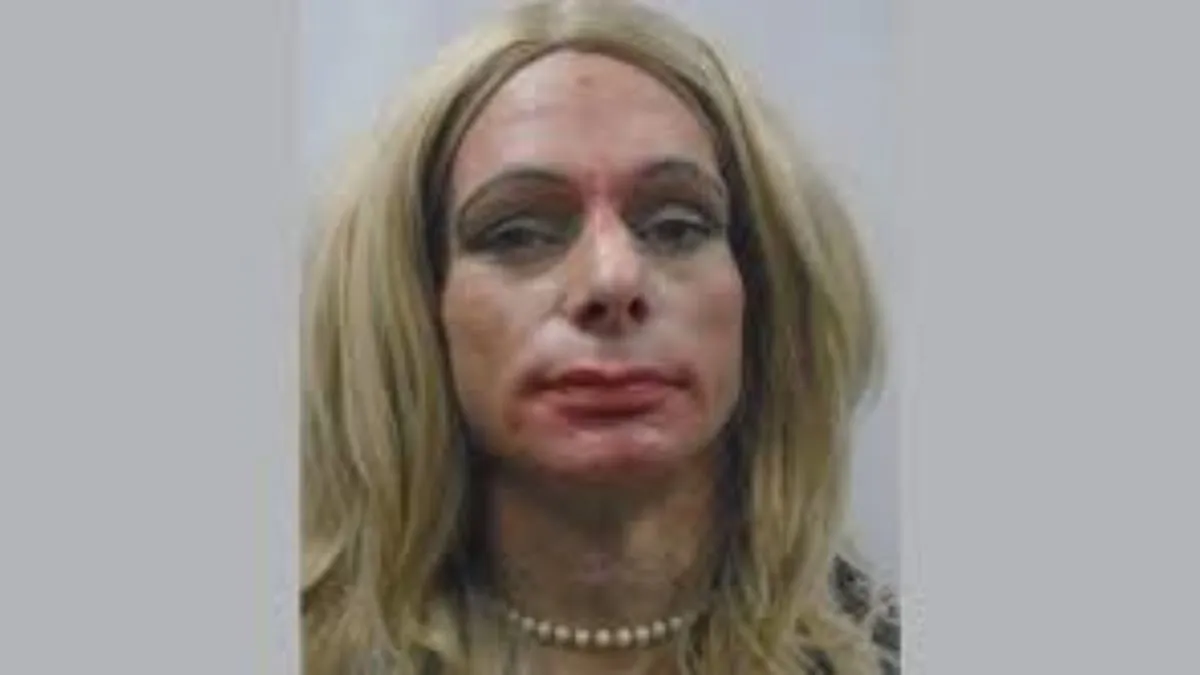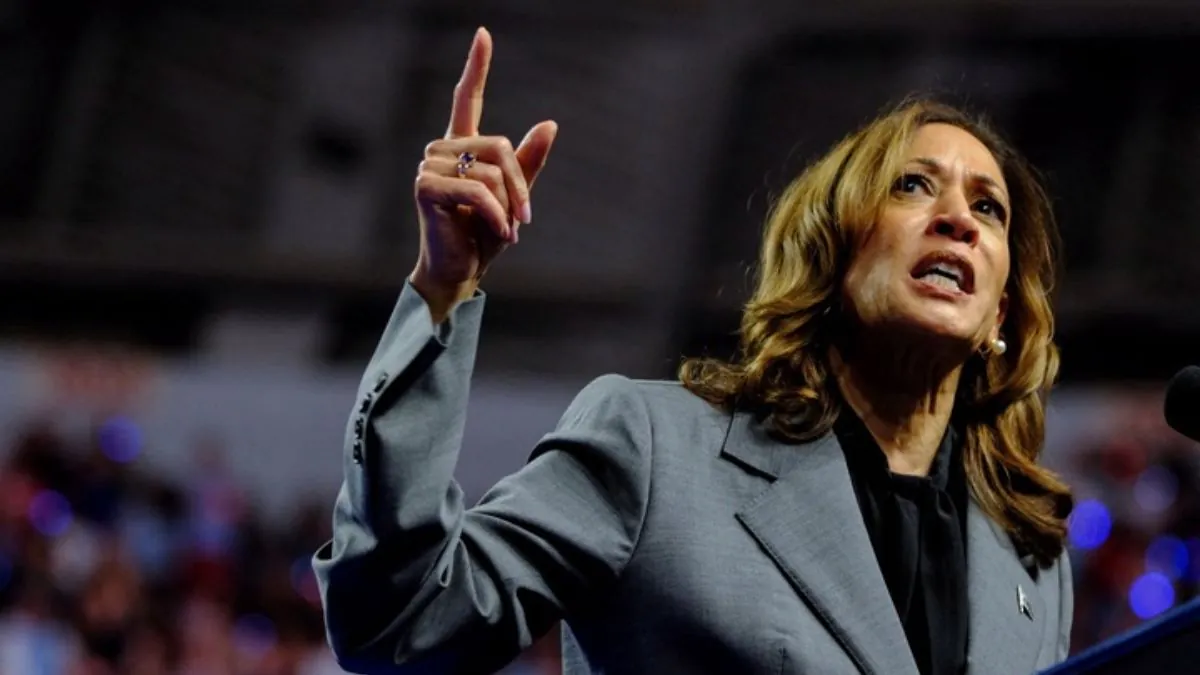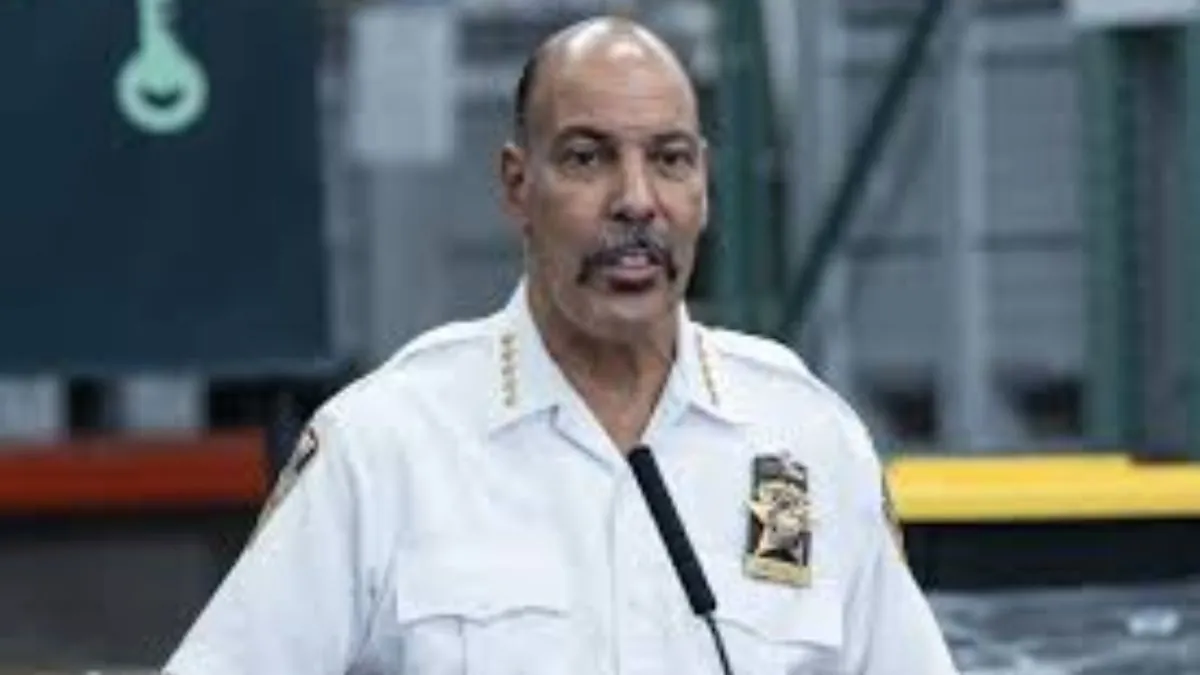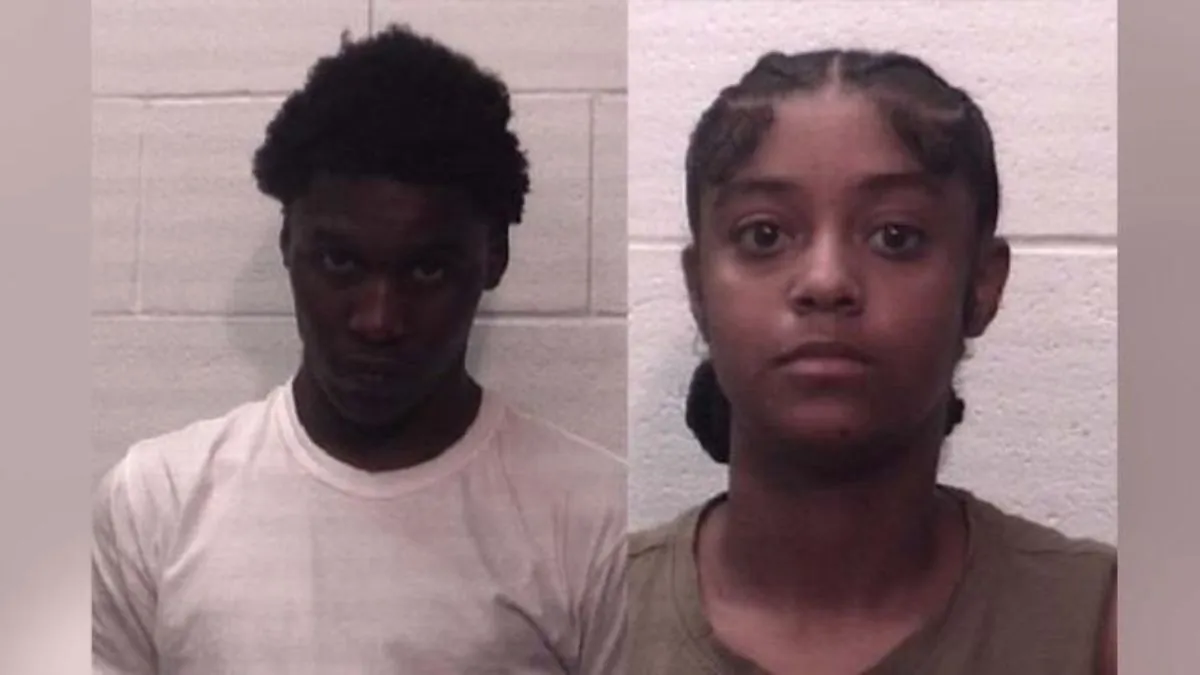On Friday, a South Carolina death row convict became the first to be executed in the state in 13 years.
Freddie Owens died after a fatal injection at Broad River Correctional Institution shortly before 7 p.m. local time.
He was on death row for the 1997 armed robbery that killed convenience store employee Irene Graves in Greenville, South Carolina. He was 19 years old when this occurred. At the Greenville County Detention Center, he murdered his cellmate Christopher Lee while awaiting trial.
The Associated Press reports that Owens, 46, made no farewell remarks on Friday, only saying “bye” to his lawyer as they delivered the medicine while strapped to a stretcher. His lawyer replied, “Bye.”
About a minute after receiving the medicine, pentobarbital, he appeared to lose consciousness, closed his eyes, and took several deep breaths. His breathing became shallower, and his face jerked for another five minutes before he stopped moving, according to the AP. At 6.55 p.m., a doctor proclaimed him deceased.
According to Fox Carolina, Graves and Lee’s family members attended the execution and looked at Owens throughout. Owens finished his lunch with two cheeseburgers, French fries, a well-done ribeye steak, six chicken wings, two strawberry sodas, and apple pie.
In the final appeal, Owens’ attorney argued that there was never any scientific evidence showing he fired the shot that killed Graves.
On Wednesday, the lawyers presented a sworn affidavit from a co-defendant, Steven Golden, claiming that Owens was innocent, contradicting his trial testimony.
Golden declared to the South Carolina Supreme Court, “Freddie Owens is not the person who shot Irene Graves at the Speedway on November 1, 1997.” “Freddie was not present when I robbed the Speedway that day.”
Owens experienced brain damage as a result of physical and sexual violence while in juvenile jail, according to his attorneys.
“Mr. Owens’ youth was fraught with unfathomable pain.” Attorney Gerald “Bo” King stated after Owens’ execution that he spent his adulthood in prison for a crime he did not commit. “The legal errors, hidden deals, and false evidence that made tonight possible should shame us all.”
The South Carolina Supreme Court refused to postpone the execution, and Governor Henry McMaster rejected a clemency application.
Owens’ execution was the first in the state in 13 years, after its supply of lethal injection medications ran out and no manufacturers were prepared to sell them publicly. In order to resume executions, the state enacted a shield law to keep drug suppliers and much of the execution protocol secret.
